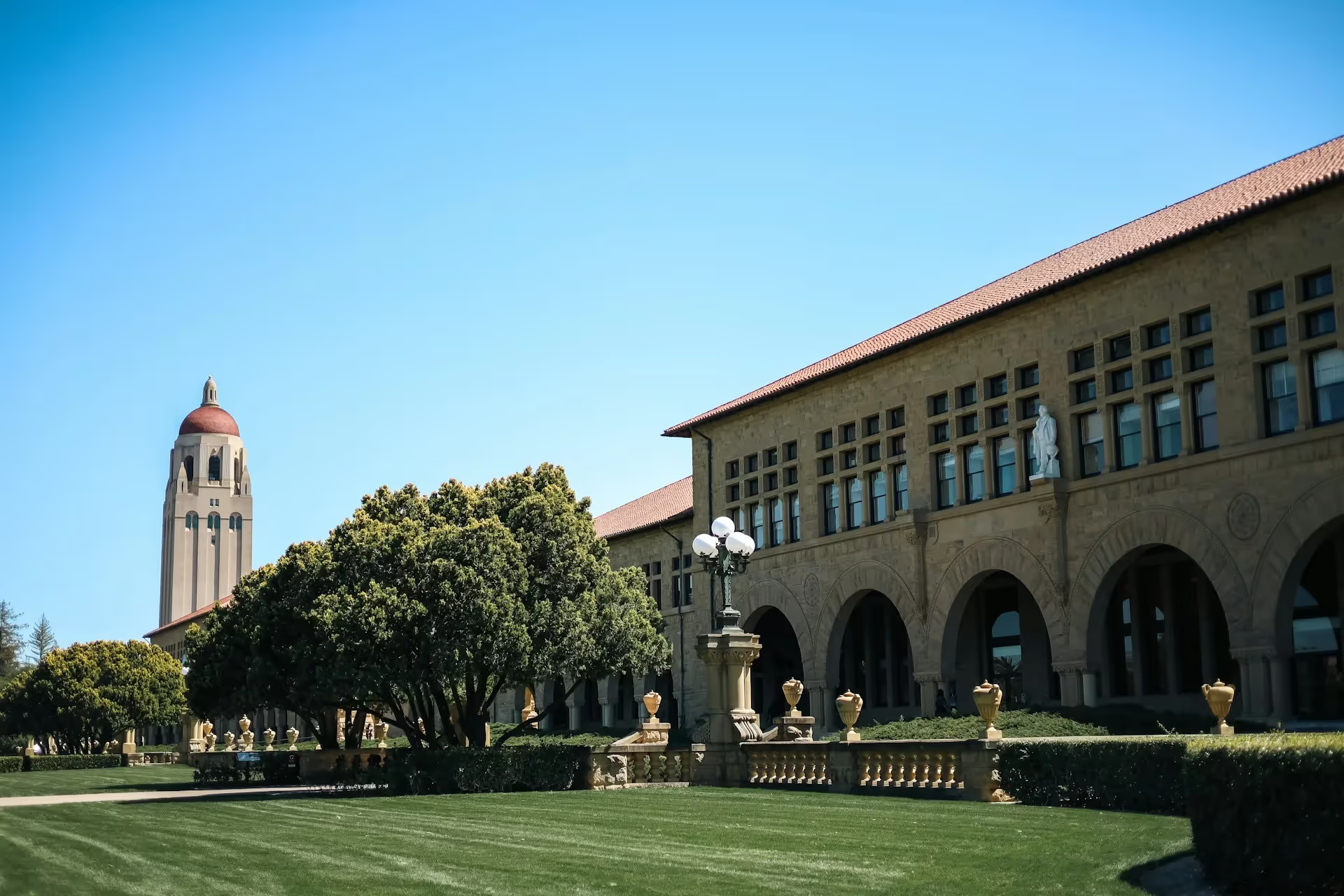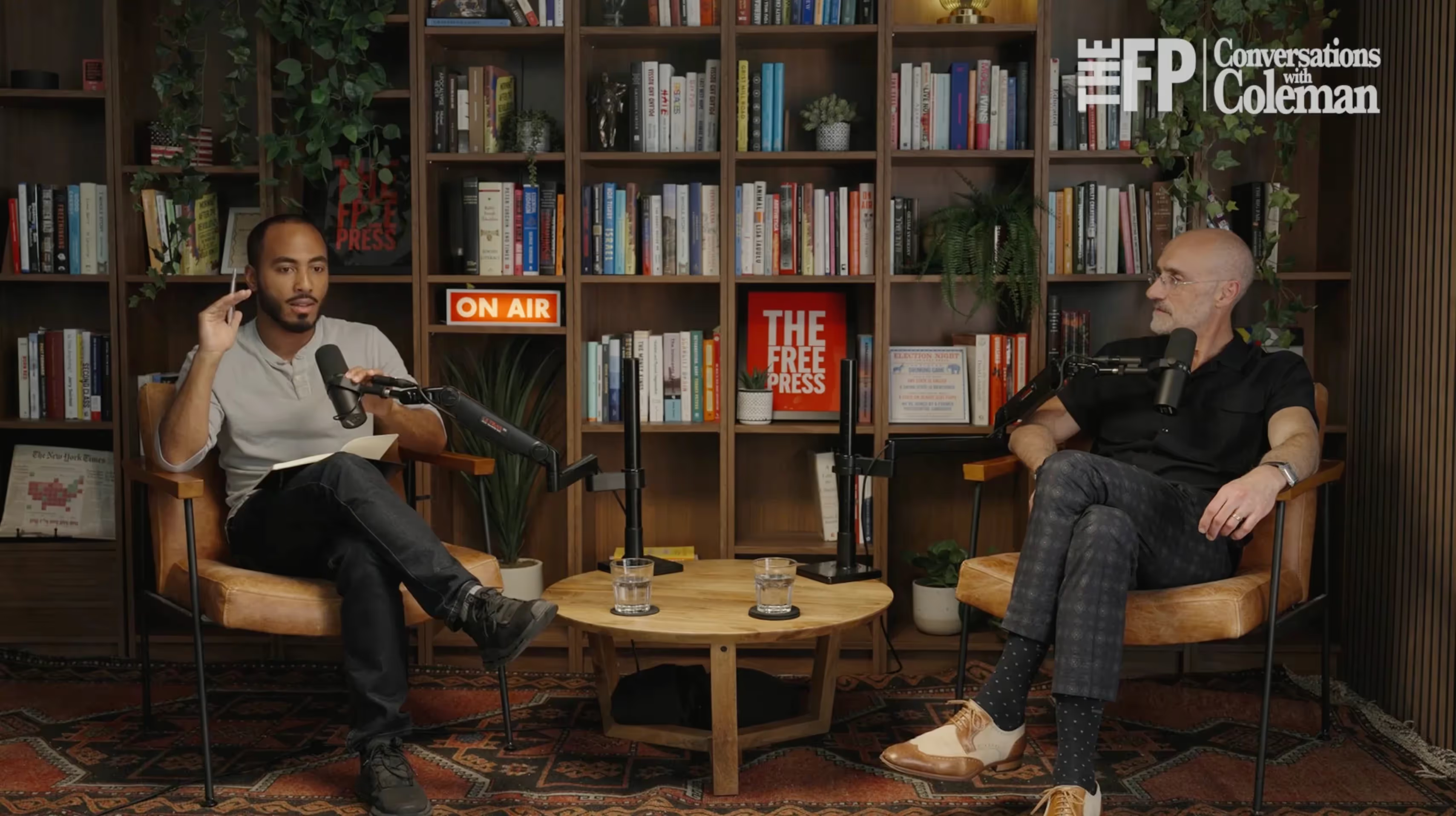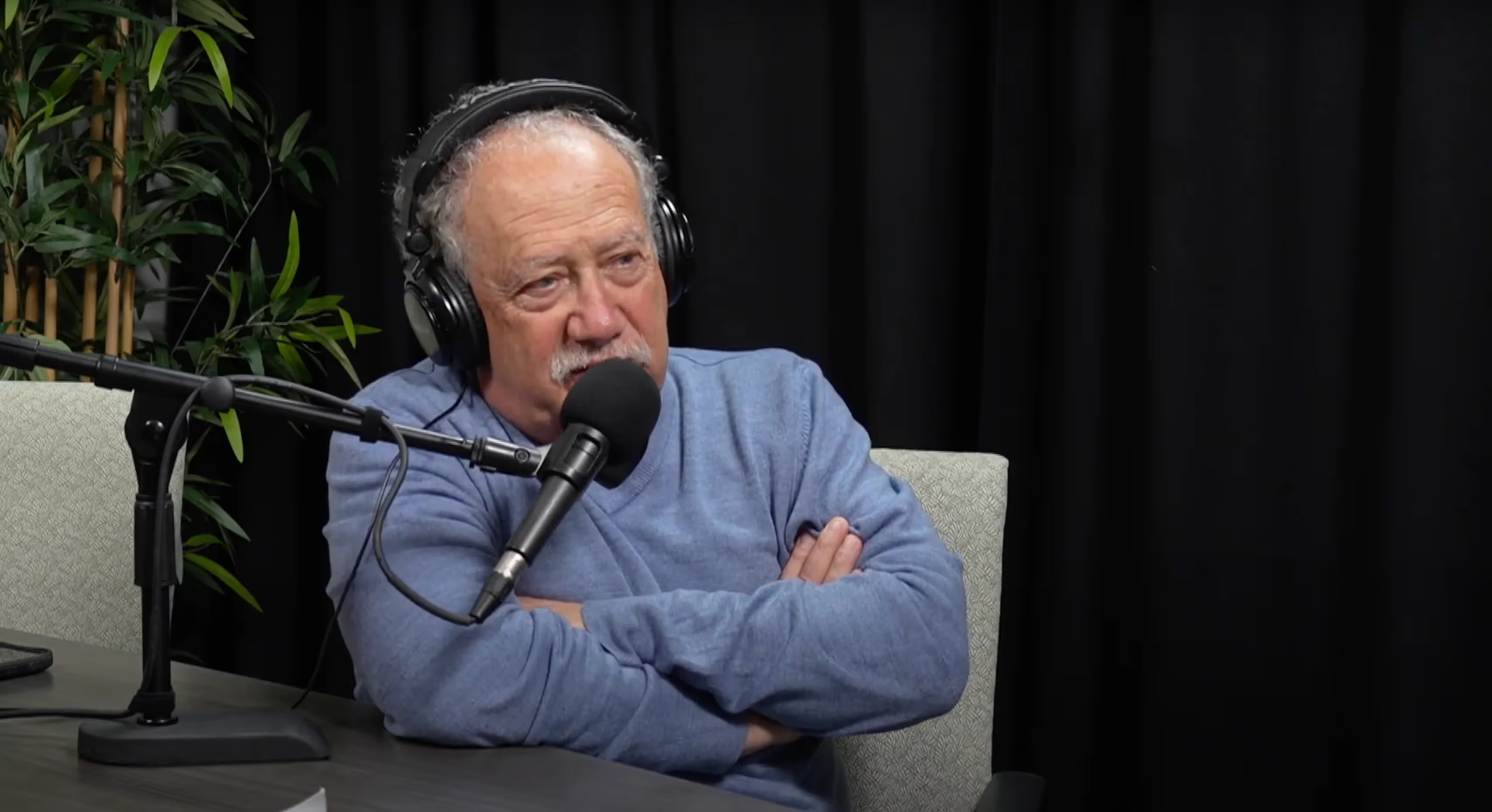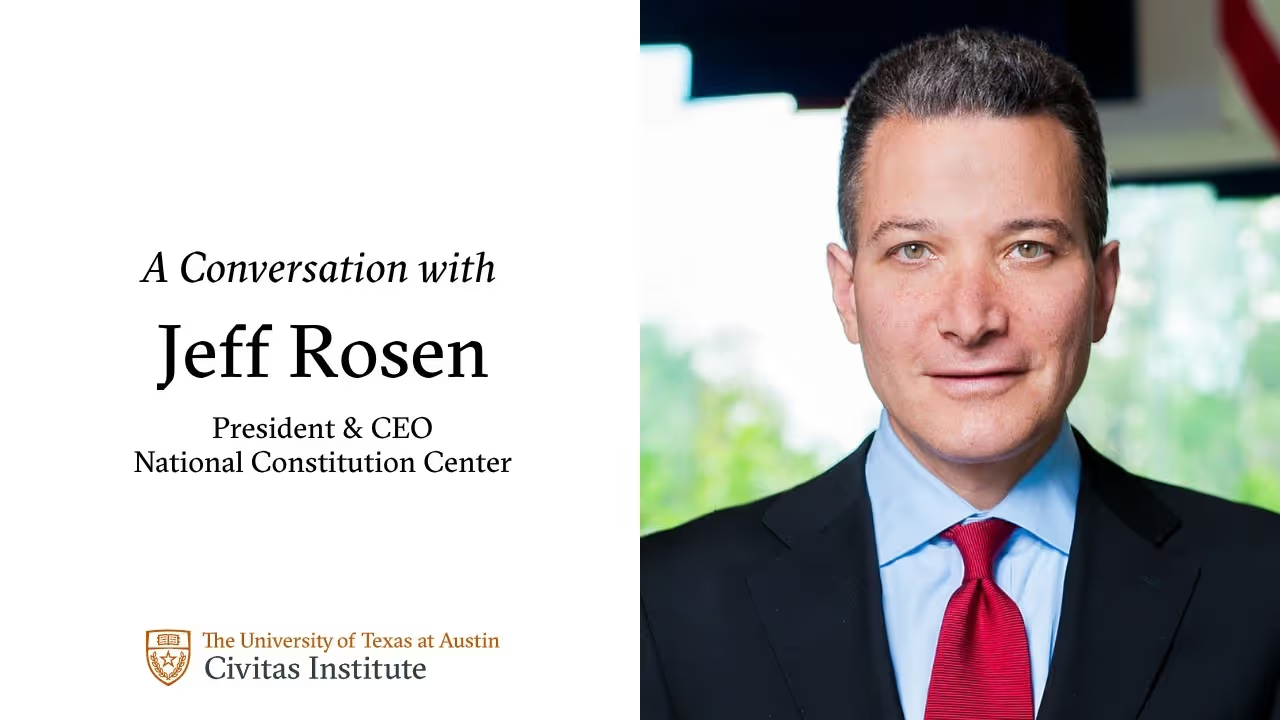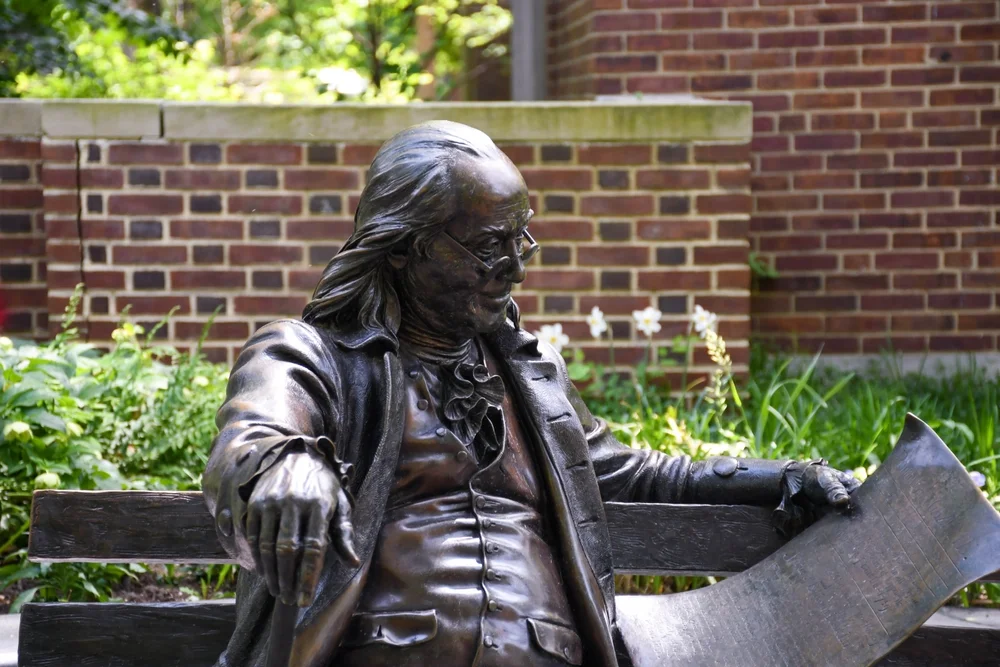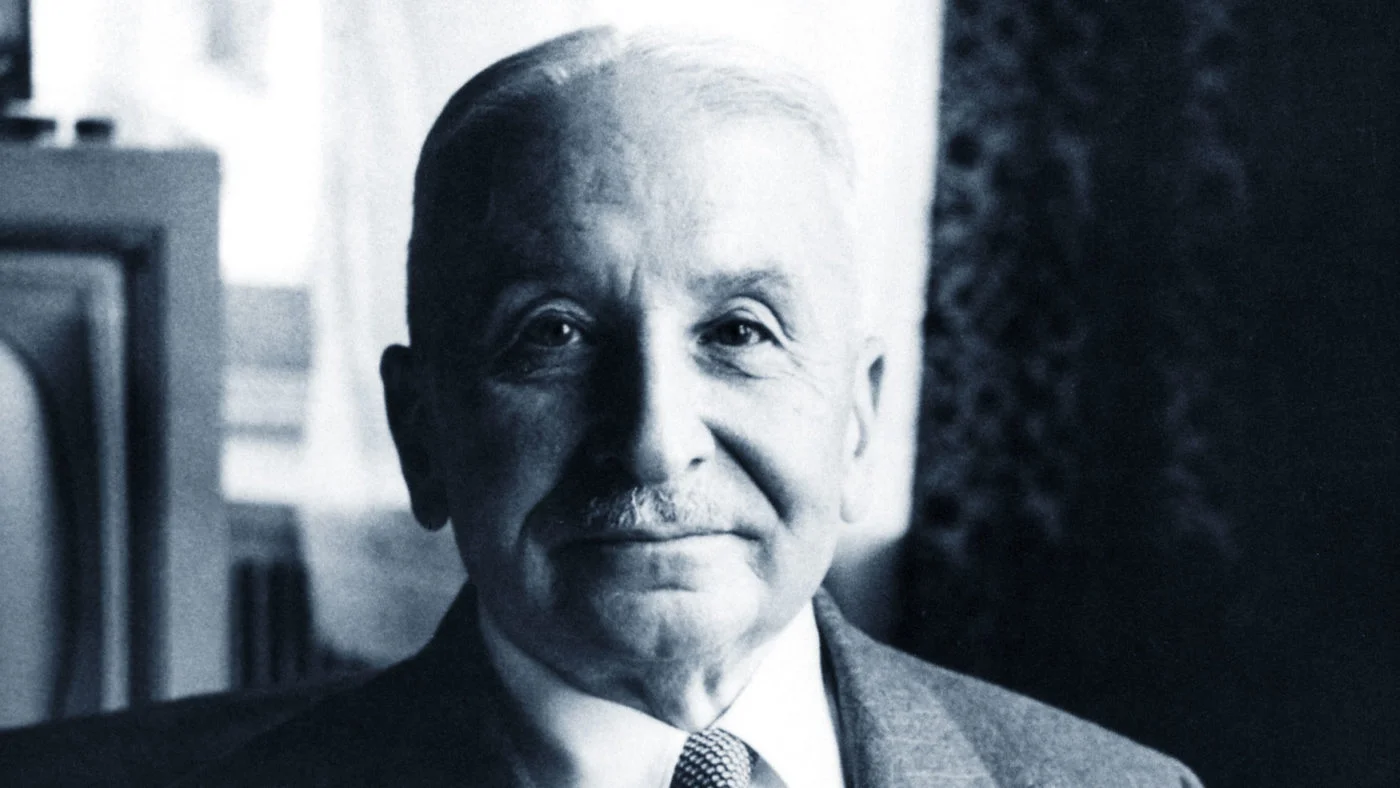
Ludwig von Mises' "Historians of the Future"
A Misesian civic education would teach students to exercise greater care and rigor in their deductive reasoning, and to better consider the longer-term and unintended consequences of policy decisions, transforming them into effective “historians of the future.”
As universities across the United States have recently opened schools or institutes of civics, scholars at these schools have been drawing on the writings of political theorists and philosophers for insights into the goals and methods of civic education. As an economist at the University of Texas at Austin’s School of Civic Leadership, I have been interested in how economists of the past have interpreted civic education. One prominent economist who made contributions in this area is Ludwig von Mises (1881-1973).
Mises, who fled from Austria to the United States in 1940, facing persecution by the Nazis, was an ardent defender of free markets and opponent of socialism and “interventionism.” His magnum opus, Human Action (1949), remains a foundational text in the Austrian school of economics, of which Mises is a central figure. Mises, in keeping with his libertarian views, was highly skeptical of public education at all levels. Yet he clearly believed in the civic importance of education and the power of public knowledge and opinion to shape policy and society. This is why he devoted much of his career to writing for a public audience.
Mises laid out a vision of civic education centered on economic literacy. He argued, in 1949, that “All present-day political issues concern problems commonly called economic...In joining a political party and in casting his ballot, the citizen implicitly takes a stand upon essential economic theories.” He concluded that “all reasonable men are called upon to familiarize themselves with the teachings of economics. This is, in our age, the primary civic duty...Economics deals with society’s fundamental problems; it concerns everyone and belongs to all. It is the main and proper study of every citizen.”
But, Mises perceived, citizens and civic leaders alike were widely failing at their primary civic duty. He lamented a
widespread ignorance” of the tremendous progress brought about by policies of economic freedom over the prior two centuries. The basic tenets of economics had become “virtually unknown to the leading statesmen, politicians, and writers,” dismissed by “both rulers and masses.
This failure was no accident. Mises understood that liberty in economic matters was inseparable from liberty in political matters, noting that it was “no accident that the age of capitalism became also the age of government by the people”. The biggest threat to both economic and political liberty was socialism, which “substitutes the sovereignty of a dictator, or committee of dictators, for the sovereignty of the consumers”. Advocates of socialism and other forms of interventionism “were fully aware that their own programs were incompatible with the political postulates of liberalism. The main target of their passionate attacks was liberalism as a whole. They did not make a distinction between the political and the economic”.
As a result, the “outstanding fact of the intellectual history of the last hundred years” was
the struggle against economics…For if there are economic laws, then governments cannot be regarded as omnipotent, as their policies could only succeed when adjusted to the operation of these laws.
He even goes so far as to claim that “The modern trend toward government omnipotence and totalitarianism would have been nipped in the bud if its advocates had not succeeded in indoctrinating youth with their tenets and in preventing them from becoming acquainted with the teachings of economics".
He thought the universities played an important role in this indoctrination. Devastatingly, “The universities paved the way for the dictators”. The German universities in the late nineteenth century provide the most striking example. For the “royal henchmen” on their faculties, professing views contrary to the tenets of the government was “incomprehensible”. Even where government control over academic freedom was less extreme, indoctrination crept in for more subtle reasons, including professors’ tendency to serve “in one of the various alphabetical government agencies” where “the professors did not instill a scientific spirit into the bureaus. But the bureaus gave them the mentality of authoritarianism”.
Mises blamed other departments, even more than the economics departments, for converting the universities into “nurseries of socialism”. “The professors of these departments,” he wrote, “enjoy the advantage, in referring to economic issues, that they are talking about a subject with which they are not familiar at all”. As for the students, he thought, they
espouse without any inhibitions the interventionist panaceas recommended by their professors…They do not see the contradictions in the words of their teachers, who one day lament the madness of competition and the next day the evils of monopoly, who one day complain about falling prices and the next day about rising living costs. They take their degrees and try as soon as possible to get a job with the government or a powerful pressure group.
To improve the universities, Mises advocated prioritizing freedom of thought in hiring and publication. The key was not to silence the socialists, but to allow their ideas to be openly challenged in the academic sphere.
The other key was to restore economic theory to a prominent role. Too much of what was passing for economic education in the universities was, in fact, economic history education. Mises was not opposed to history education, noting that “Every branch of knowledge has its own merits and its own rights. Economists have never tried to belittle or deny the significance of economic history”. But he was cognizant of the limits of historical inquiry, which deals with unique, irreplicable events resulting from complex causes. History cannot provide “direct practical applications for our action. It deals only with the past; it can never turn toward the future. History makes one wise, but not competent to solve concrete problems”. In other words, “the information conveyed by historical experience cannot be used as building material for the construction of theories and the prediction of future events”.
Economic theory education, in contrast, prepares students to be “historians of the future.” A key task of civic leaders is to “deal with uncertain future conditions that cannot be anticipated.” Economic education is the best preparation for this task, for “economics is a theory capable of making assertions about future economic action, about the economic conditions of tomorrow and the day after tomorrow.” Economic theory helps one determine “the means to be applied for the attainment of given social ends”, though not what those should be. Economics is neutral, Mises claims, about ethics and personal values. Economics “does not tell man what values he should prefer and what ends he should aim at. It does not establish ultimate ends”. Instead, it “merely shows how a man must act if he wants to attain definite ends”.
Economics, for Mises, is a deductive science that relies on a priori reasoning from self-evident axioms: “Its goal is the comprehension of the universal, and its procedure is formal and axiomatic”. To be a great economist, for Mises, was to be a great logician, for “logic and the universally valid science of human action are one and the same”.
A Misesian civic education would teach students to exercise greater care and rigor in their deductive reasoning, and to better consider the longer-term and unintended consequences of policy decisions, transforming them into effective “historians of the future.” Such an education would equip citizens and civic leaders to understand the logical underpinnings of social phenomena and to refute intellectual errors and fallacies, including those espoused by their own professors, especially those promoting socialist or interventionist schemes.
Carola Binder is an Associate Professor of Economics in the School of Civic Leadership at UT Austin. She is a macroeconomist and the author of Shock Values: Prices and Inflation in American Democracy.
Pursuit of Happiness
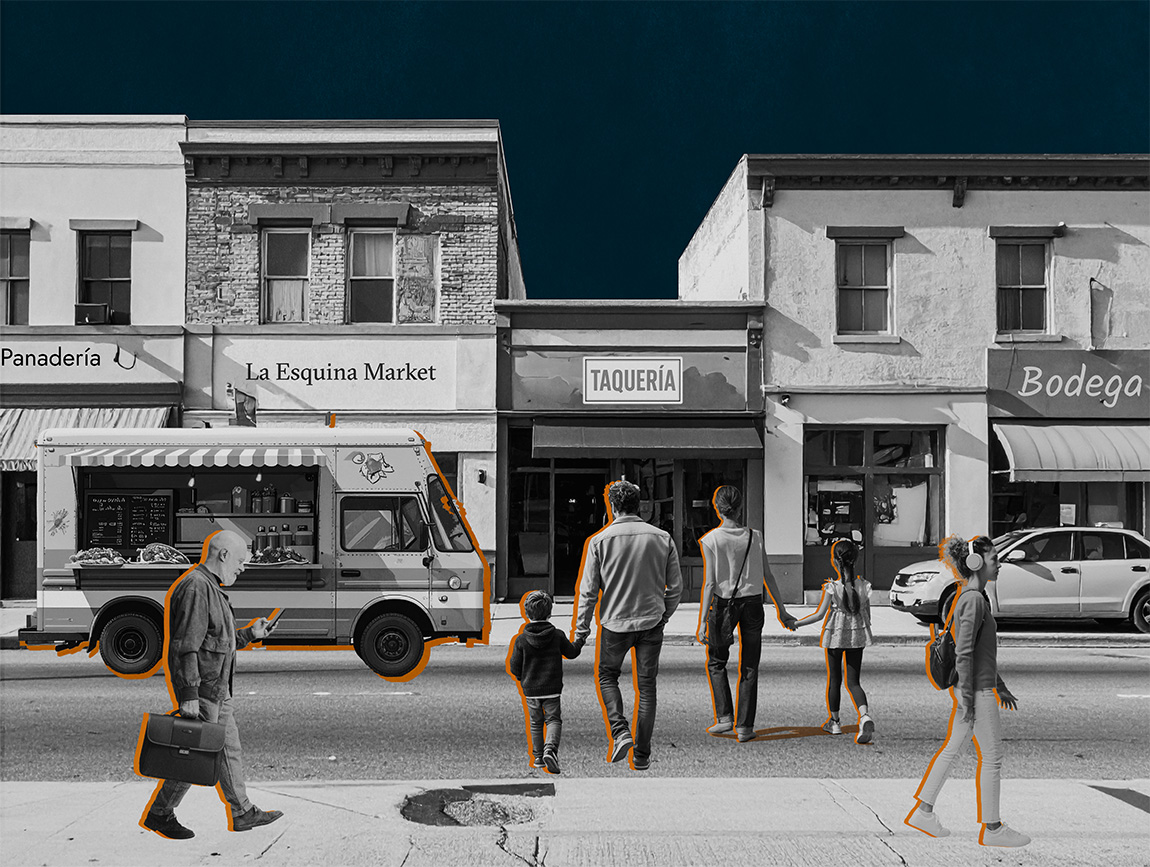
The Rise of Latino America
In The Rise of Latino America, Hernandez & Kotkin argue that Latinos, who are projected to become America’s largest ethnic group, are a dynamic force shaping the nation’s demographic, economic, and cultural future. Far from being a marginalized group defined by oppression, Latinos are integral to America’s story. They drive economic growth, cultural evolution, and workforce vitality. Challenges, however, including poverty, educational disparities, and restrictive policies, threaten their upward mobility. Policymakers who wish to harness Latino potential to ensure national prosperity and resilience should adopt policies that prioritize affordability, safety, and economic opportunity over ideological constraints.

Exodus: Affordability Crisis Sends Americans Packing From Big Cities
The first in a two-part series about the Great Dispersion of Americans across the country.

The AI Frontier Must be Fiercely Competitive
In the long run, overregulation could run the risk of making AI less safe.
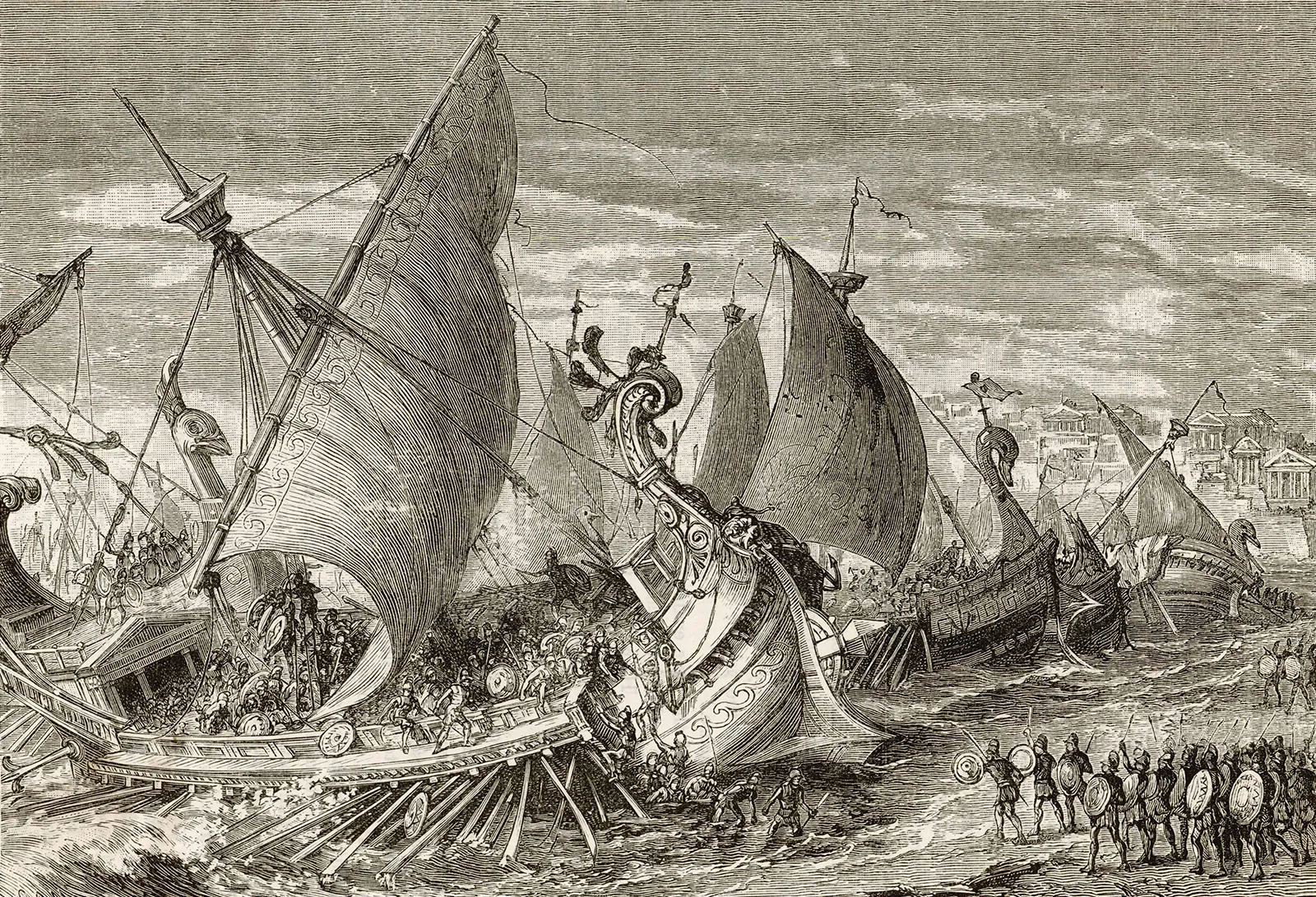
What Is History's Role in Civic Education?
Regrettable trends within the professional discipline of history have forfeited its vaunted former status in civic education.
.avif)






